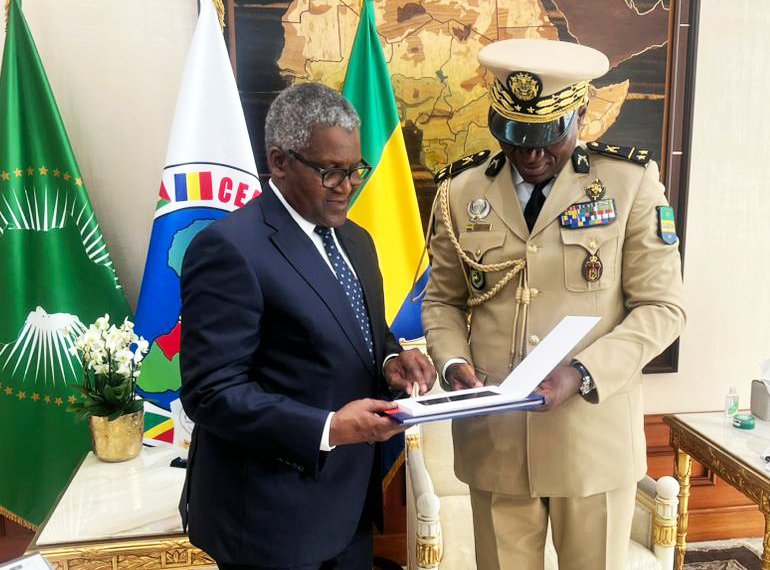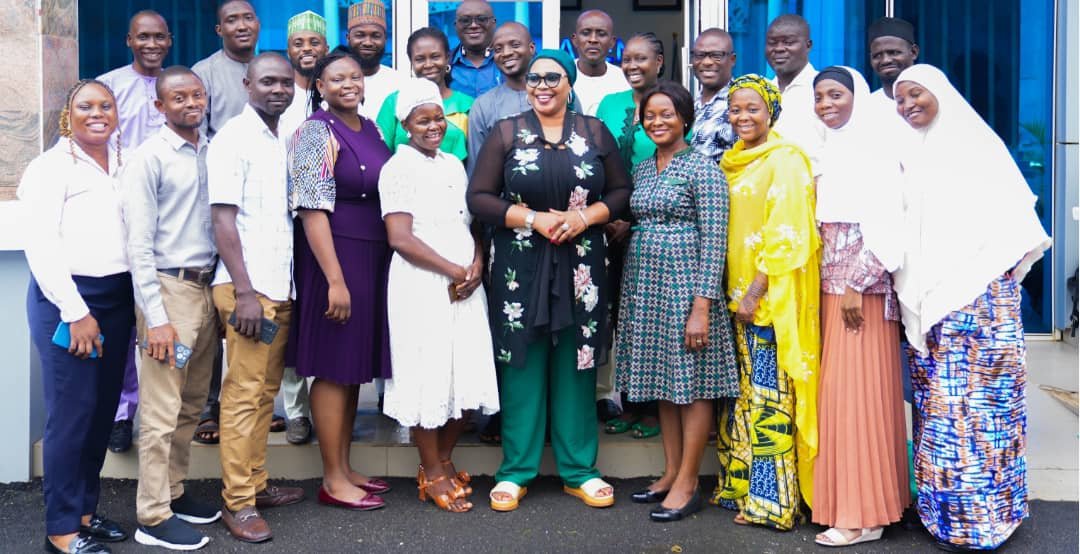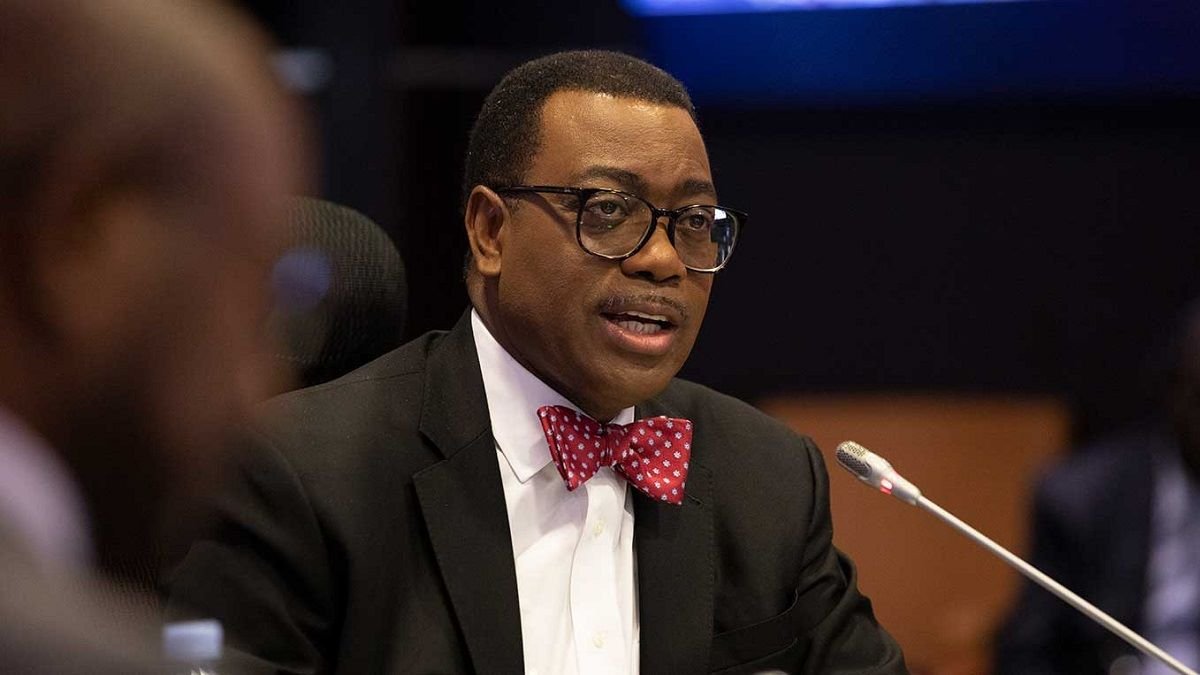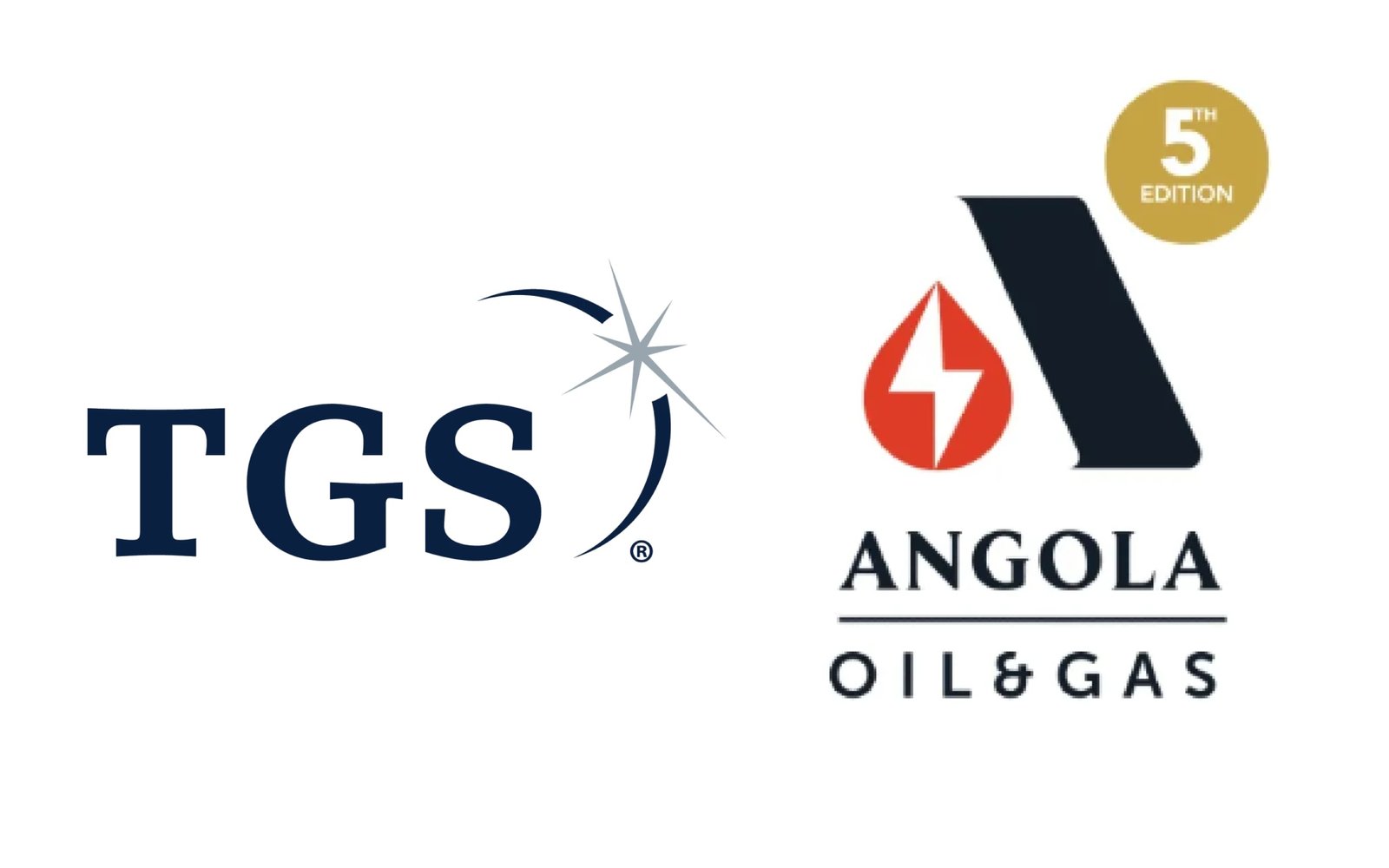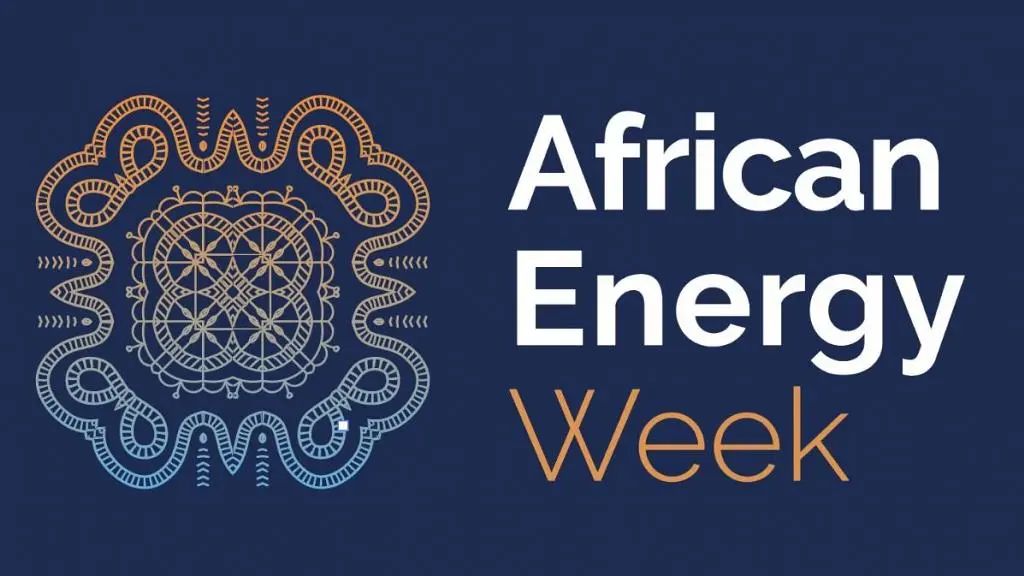By Eyo Nsima
The Nigerian Gas Association, NGA, has urged the Federal Government and other stakeholders to enhance the fiscal and operational policies required to attract investments into Nigeria’s gas sector.
In a communique issued at the end of its recent 12th International Conference held virtually with Powering Forward: Enabling Nigeria’s Industrialisation via Gas” the NGA, stated: “
“Nigeria must enhance the fiscal and operational policies required to attract the right investments to realize the objectives and aspirations outlined within the nation’s Gas programmes.
“The government is enjoined to urgently resolve legacy debts, payment guarantees, and other commercial impediments, including power delivery bottlenecks in the Gas-to-Power programme.
“The Panelists called for the total removal of royalties on Gas supplied and consumed in the domestic environment to encourage more supplies that catalyze more significant development in the overall domestic economy.
“They demanded non-discriminatory pricing mechanisms that offer suppliers equal opportunity for returns on investments and cost-reflective tariff structure across the Gas value chain.
“There was consensus that the Gas supply industry must be anchored on a willing-seller willing-buyer framework to unlock further investments in Gas exploration and delivery infrastructure.
“There should be a removal of price controls and concessional Gas tariffs for sections of the market that are critical to achieving overall economic growth objectives.
“The scope of the National Gas Transportation Network Code’s should be expanded to fully cover the domestic Gas market in line with provisions already specified by the Department of Petroleum Resources (DPR), which regulates the industry.
“The Central Bank of Nigeria (CBN) and other development banks need to prioritize the Gas industry, underpinned by concessional interest rates and guarantees for dollar-denominated transactions, to assure lender confidence in Gas projects.”
It also stated: “PENCOM to make the $32 billion pension funds available to Natural Gas investors as priority funding for critical Gas infrastructure, to bolster economic diversification and sustained industrialisation in the country.
“The panelists agreed that cost-reflective pricing mechanism, favourable fiscal regime, ease of repatriation of dividend/capital, stable exchange rate, and national industrial policy stability are critical conditions for spurring equity and loan financing in the local Gas market.
“It was revealed during the sessions that the BOI has a $500 billion funding arrangement with the Bank of China (BOC) to finance import equipment for flare Gas capture, which requires the intending borrowers to advance about 25 per cent of their funding needs and import their equipment from China.
“Similar arrangements with the US Exim Bank are also available for players that want to import their flare capture equipment from the United States.
“The panels enjoined players to foster good corporate governance, de-risking loans with equity contributions and mapping out clear funding outlines before initiating a project.
“The panelists lauded the NCDMB and NLNG for funding innovation and research to advance processes in the industry.
“The panel agreed that fertiliser and cement constitute key consumption centres that could grow the country’s domestic Gas consumption and unlock the much-needed economic growth required to take over 90 per cent of Nigerians out of extreme poverty.
“There is a need to warehouse world-class local capacity to adapt imported technologies for the local conditions to reduce overdependence on Original Equipment Manufacturers (OEMs), improve local content know-how, deepen innovations, curtail maintenance costs and the overall cost of production.
“The conference highlighted the need to create and develop regional infrastructure across the West African economies to deliver Gas supplies to markets through various marine, rail, road, and pipeline channels.
“They also called for improved regional collaboration on maritime security to arrest the Gulf of Guinea’s rising piracy incidents for safer virtual Gas shipping through marine transport.”
However, speaking at the event, the NGA President, Mrs. Audrey Joe-Ezigbo, emphasised that though the combination of low crude oil prices and falling crude oil exports due to the coronavirus pandemic has weakened Nigeria’s fiscal position, the country must immediately harness its vast domestic Gas potential to cushion the economy and boost industrialisation.
Nevertheless, in his inaugural speech, the new NGA President, Mr. Ed Ubong, paid tribute to members and leaders who contributed to making the Association a robust platform for promoting the country’s gas industry.
He congratulated his executive team and stating the significance of being the first Executive Council in the decade of gas, as declared by the Federal Government and the need for council members to continue the legacy of good work left behind by their predecessors especially as regards, sector development, capacity building, regulatory framework and stakeholder management.
He outlined the Association’s mission to continue partnering stakeholders in addressing challenges in the country’s Gas-to-Power programme; and building on successes recorded in capacity building through conferences, seminars, workshops, and the unique NGA Learning Solutions.
Mr. Ubong pledged that the NGA would continue to engage various industry players for end-to-end success along the entire gas chain.
He promised the continued contribution of the Association to a policy environment that supports the success of the Gas industry.
He emphasised the importance of safety in the industry’s sustained development, adding that consolidating on safety records of the industry was crucial to growth and development.
He also paid tribute to the NGA study groups and enjoined them to provide more refreshing and alternative perspectives to issues and generate contents for the Association’s policy advocacies.




